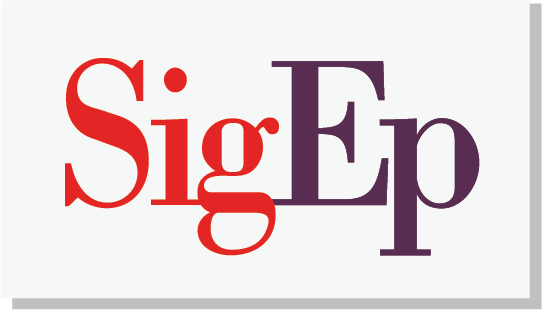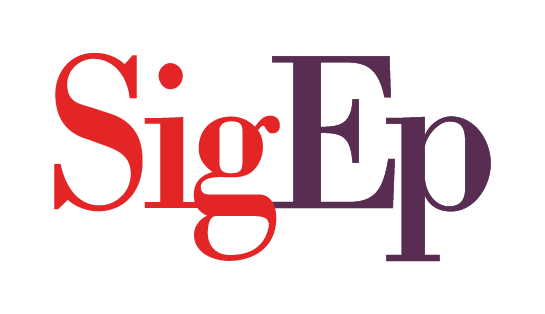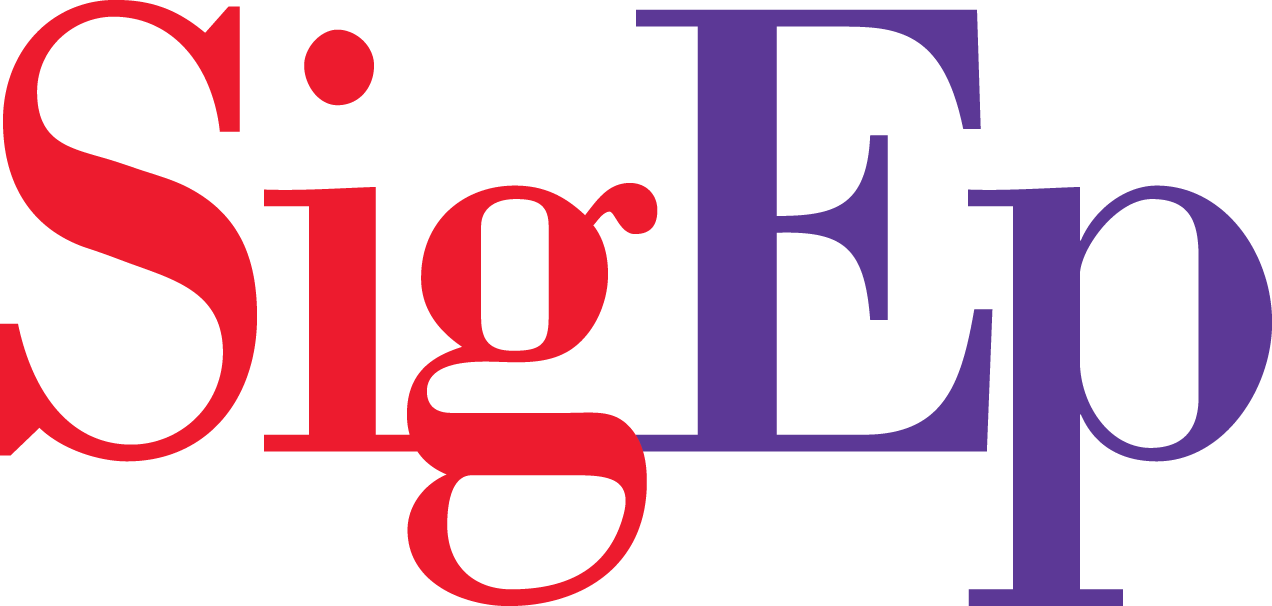The interview is arguably the most important part of the entire Balanced Man Scholarship (BMS) process. It is our bread and butter when it comes to making a positive first impression and leaving a lasting impact on the applicant.
Yet, less than a third of the chapters that run the BMS train their interview team before conducting their first interviews.
Here are a few pro tips to prepare you for your first interview, as told by some of America’s favorite characters from The Office.
Train the interview team.
Use the Balanced Man Scholarship Interview Guide or the self-guided interview training webinar to learn how to conduct a meaningful interview. Both of these resources go through every aspect of the interview, from preparation to follow-up. An untrained interview team is about as effective as Creed Bratton as the manager of Dunder Mifflin …
Schedule the interview.
Reach out to applicants via phone call to schedule their first interview. Introduce yourself by saying “Hi, my name is ______ and I’m on the Balanced Man Scholarship committee for Sigma Phi Epsilon (aka SigEp). May I speak to ______?”. Many people won’t answer their phone if they don’t recognize the phone number, so be prepared to leave a voicemail. Don’t forget to practice your voicemail script, too.
Make a positive first impression.
When you meet the applicant for the first time in-person, you have roughly seven seconds to make a positive first impression. Come well-dressed (but not too formal), bring a padfolio with paper and pen to take notes, and make sure you’ve got your things together. The last thing you want is to fumble around with your things before an applicant walks in…
Introduce yourself and the scholarship.
After a couple minutes of small talk, you’ll want to move into the introduction of the scholarship. Make sure to reiterate that while the fraternity is the organization offering the scholarship, membership in the fraternity is NOT a requirement to be considered for the award. Then you’ll move into the interview questions.
Ask high-quality, open-ended questions.
Avoid jargon whenever possible. Many applicants have never considered the concepts of “sound mind, sound body” or our cardinal principles of virtue, diligence and brotherly love. Consider asking about their ideal college experience, what they’re looking to get out of the next four years, or leadership opportunities they hope to get involved with. Don’t be afraid to go off-script and ask a few more questions about a topic that the applicant seems passionate about. The goal is to get the applicant talking about himself as much as possible.
Pay attention to your body language.
Be an active listener by paying attention to what the applicant has to say. Smile, make eye contact and take notes when the applicant has something particularly interesting to share. Don’t feel the need to write down every single word.
Avoid pitching SigEp throughout the interview.
Remember that the applicant is there for a scholarship interview, not a membership discussion. They know that you’re in SigEp, so you don’t have to attempt to pitch him. In fact, if you’re able to avoid the topic and just get to know the applicant, you’re more likely to leave a lasting impression. If they ask questions about SigEp, that’s a great transition into scheduling a casual interaction later that week to talk more about the Fraternity. This is the scholarship interview, so avoid “SigEp speak”.
Schedule another casual interaction.
If you simply end the interview and say “we’ll be in touch”, you’re missing the point of the scholarship. This is our opportunity to build a genuine relationship with the applicant. Make sure to get out your phone and confirm the next interaction before you leave the interview. At the end of the interview, try one of these two tactics and schedule another interaction:
- “I’ve got another interview coming up in a few minutes. I really want to learn more about your passion in _____ (topic). Can we grab lunch next week sometime? When are you free?”
- “You mentioned that you loved playing _____ (sport). A few of my friends play pretty regularly. Do you want to come out with us?”
- “Based on our conversation, here is something you might be interested in learning more about. Let’s chat more about this sometime next week.” (You can hand him the BMP one-pager, but remember you don’t need to sell him now.)
Reflect on how you can improve for next time.
If you developed hobbies or passions throughout your childhood, you know that becoming successful takes practice. If at first you don’t succeed, practice some more, implement your own self-feedback and do better next time. By the time you’ve conducted a few interviews, you’ll become more confident in your ability to nail it.
Reconvene and select finalists.
Consider using the BMS Interview Workbook as a rubric tool to make sure each interviewer is assessing candidates on the same standards. Review your top applicants and select your finalists. Depending on your budget for the banquet, 10-15 finalists is appropriate in most cases. Reach out to them and invite them to the awards recognition banquet.
The interview is the most important part of the Balanced Man Scholarship. If you succeed here, you will get a greater return on your investment for the entire process.
If you’d like me to train your interview team via webinar, reach out to me at zac.gillman@sigep.net.









Leave a Reply